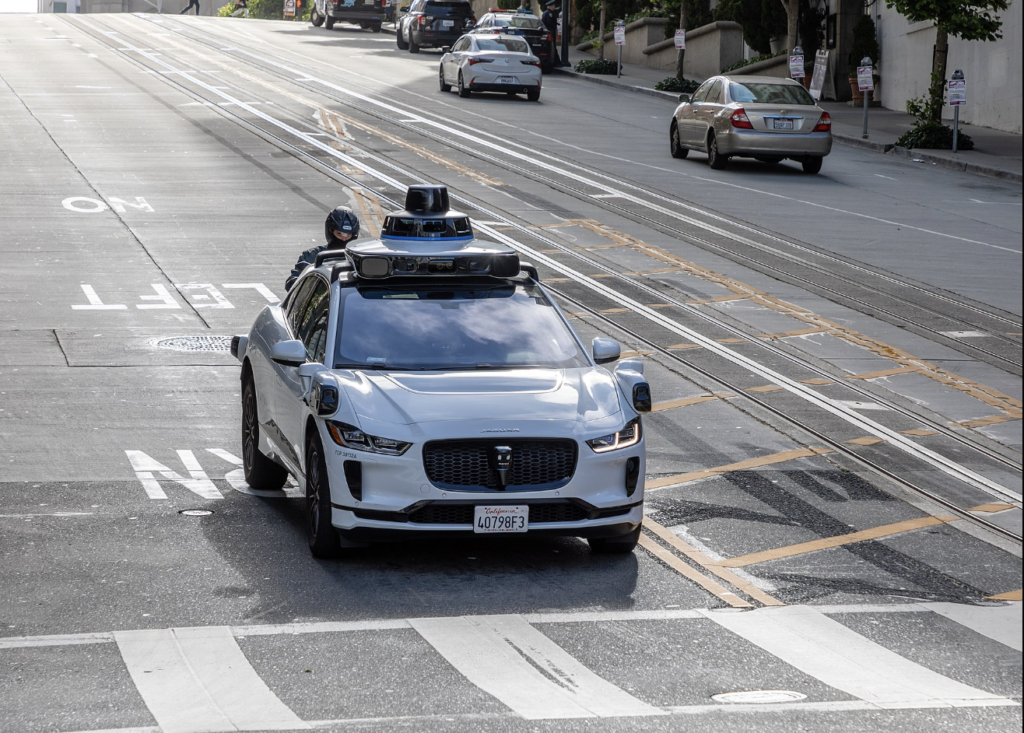For reasons that are not clear to anyone, the California Public Utilities Commission has delayed for a month consideration of an application to allow Waymo to operate robot taxis in San Francisco.
That means the rally to protest the expected action is also delayed while the CPUC further studies the issue.
That’s probably good news for the cab drivers; the agency staff strongly recommended approving the permit, which would have allowed robotaxis to operate everywhere in the city, 24 hours a day seven days a week.

So if at least one commission member, Genevieve Shiroma, who heads the Transportation Network Company oversight at the agency, wants more time to review the application and all of the letters and comments, many of them in opposition, the robocabs may be off the fast track. For the moment.
The hearing will now happen August 10.
A couple of the cab drivers who are on the hook for $250,000 loans for medallions the city sold them just before allowing Uber and Lyft to illegally devastate the cab business have a suggestion:
If Waymo and Cruise, both owned by giant corporations, want to take over the cab business with driverless cars, first they should buy out the existing medallion holders. There are, according to the SFMTA, 424 people who have purchased medallions. That’s $106 million. Waymo, owned by Alphabet, is now valued at $30 billion. (The company is already working with Uber to get rid of Uber drivers and is working on robodrivers for long-haul trucking.)
Paying off the drivers in SF would cost about three-tenths of one percent of Waymo’s value, chump change to Alphabet.
It would also set an important precedent: When new technology destroys many existing jobs and creates great wealth for a very few, a tech company should have some responsibility for sharing some of that wealth with the people whose livelihoods have been ruined in the process.
We could do that by taxing the great wealth and redistributing it. But we could also, as a starting point, make Waymo pay off the taxi medallion loans.




